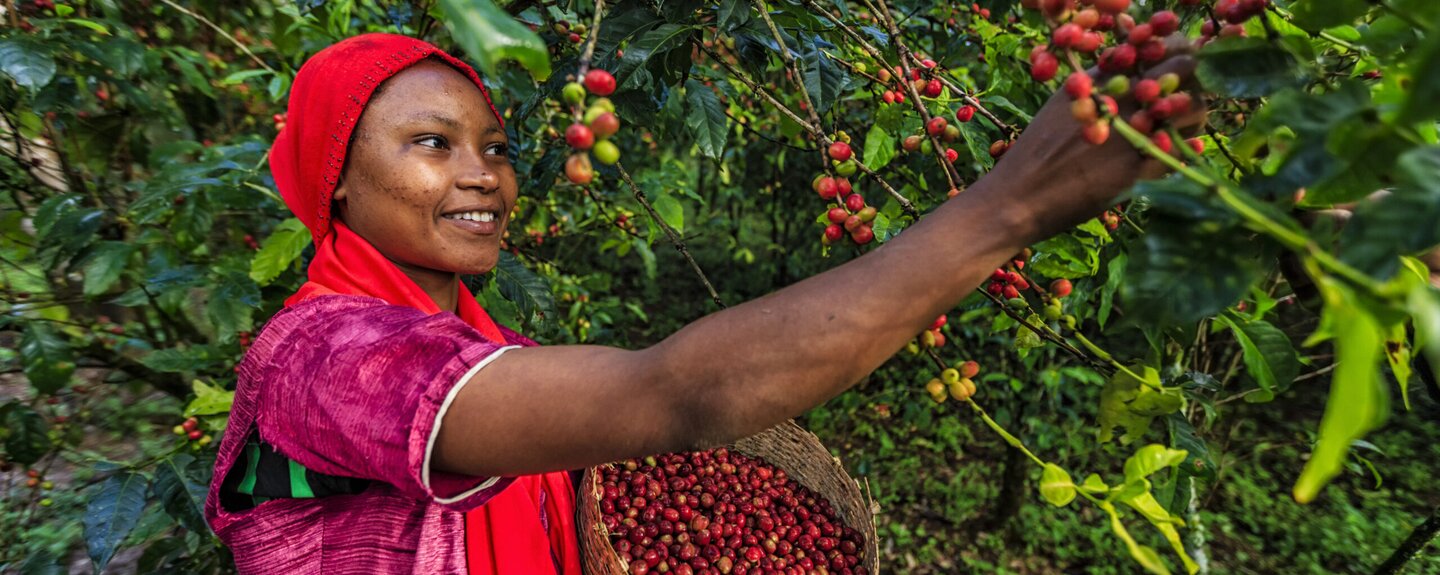Making responsible procurement easy
Responsible procurement, many organisations and companies want it but only a few do it. To change this, we wrote a guide on responsible procurement together with RVO. The result is a practical document brimming with inspiring examples, handy tools and smart tips. This guide is now available to everyone.
Many companies do their best to address negative sustainability impacts, for instance by rolling out projects or joining a multistakeholder initiative. They do not always realise that their own procurement practices can negate or even counteract the positive impact of such initiatives. When orders are changed regularly or the procurement department only manages by profit margin, it is incredibly difficult to address child labour, poverty or poor working conditions. That is why responsible procurement is growing in importance to address these issues.
Responsible procurement is a way of purchasing that focuses on long-term relationships with suppliers, jointly addressing social and environmental issues and working towards a sustainable business case for all companies in the chain. But how do you go from “just” purchasing to responsible purchasing? The guide includes examples of very diverse companies, all frontrunners in their sector, that are working on responsible procurement. So learn from Tony Chocolonely (chocolate), Arte (natural stone), Stone (natural stone), A beautiful story (jewellery), Schijvens (clothing), Fairphone (electronics), This Side Up (coffee), Verstegen (spices), Jonny Cashew (cashew), ETG Group (various commodities) and many others.
Some key takeaways are:
-
Procurement matters; your practices can have a huge influence upstream.
-
There is added value in bringing different suppliers together on an annual or biannual basis.
-
A two-way code of conduct can strengthen your supplier relationships.
-
Contracts should include clear specifications on how costs are shared fairly when something goes wrong.
-
Labour costs should be kept out of the scope of negotiations.
The guide is part of the knowledge and learning agenda of Subsidy Programme for Responsible Business (SPVO) and can be found via Responsible procurement and supplier engagement for social sustainability.
You can also watch the launch webinar here.












